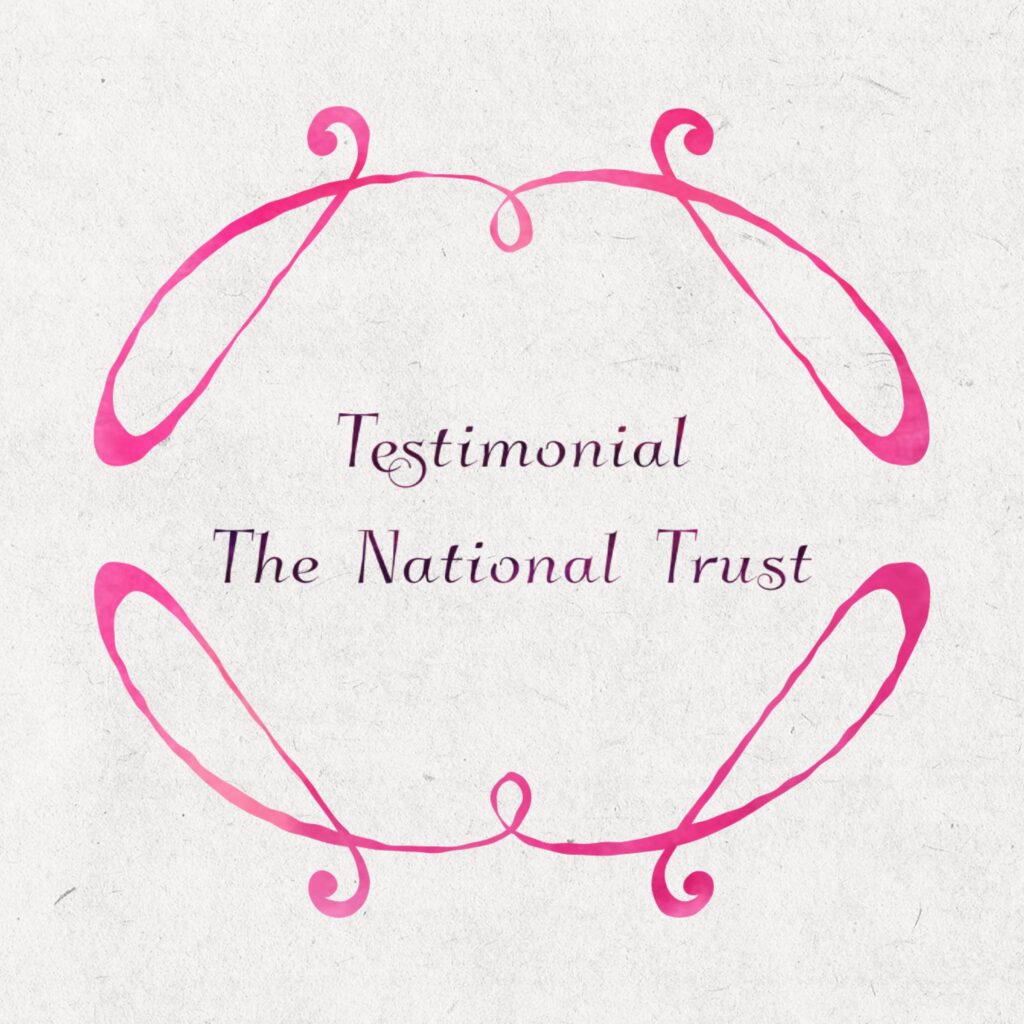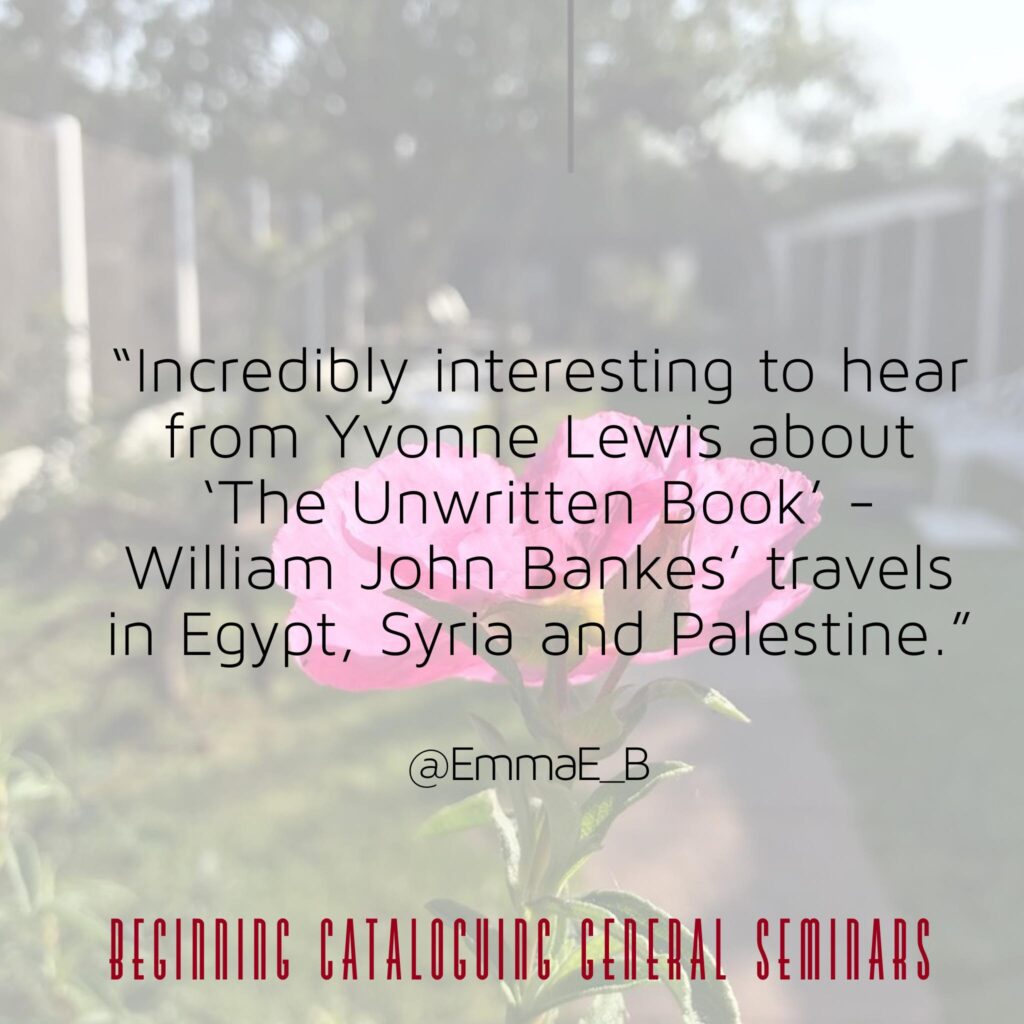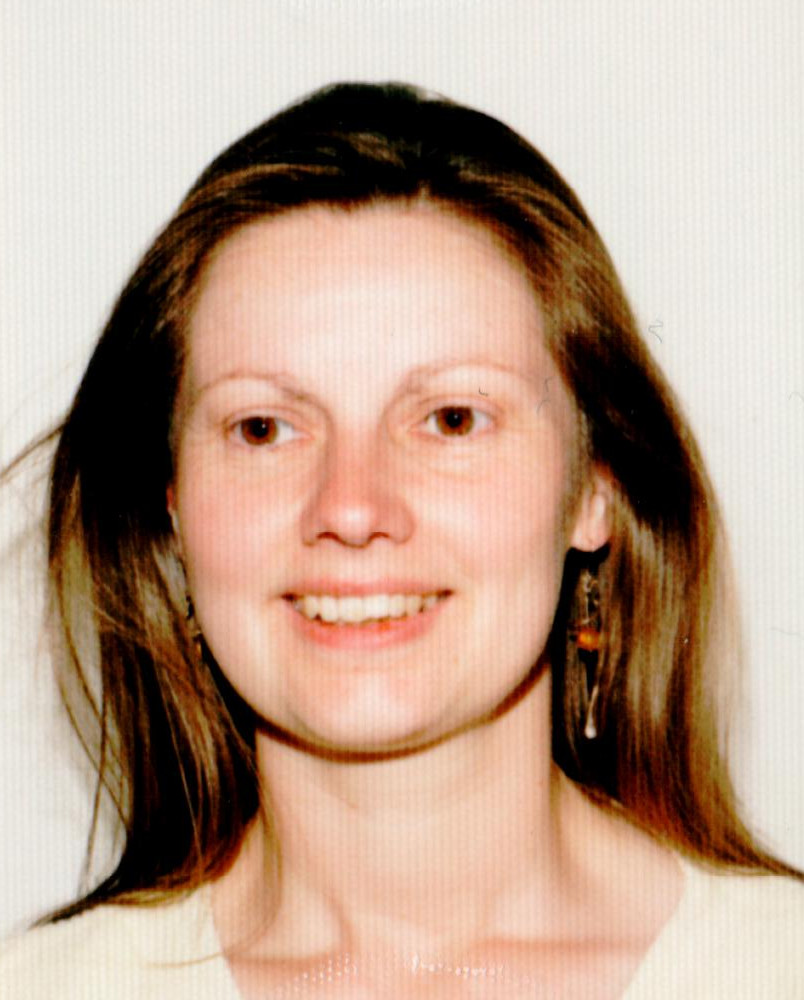
As lockdown continues to ease, I’m grateful to Yvonne Lewis for this testimonial from the bespoke training I designed and delivered to staff at The National Trust.
“Anne designed a day’s cataloguing training for the National Trust. She worked with a small group of hand-picked property staff with considerable experience of object cataloguing on our bespoke library and museum system. Anne provided workbooks to take them through the fundamental principles behind book cataloguing and basic MARC fields. Everyone also worked through several examples, with a few tricky ones thrown in to show how judgement can still be required when dealing with your institutions needs from the catalogue.
The team had a lovely time on the day. Many questions were asked and answered. Anne also provided an element of post-training support to deal with those odd questions which always come up once you’ve left the building. Using the new trainees as fully as we would have liked has been paused due to COVID-19. We are hoping to re-start cataloguing projects slowly in 2021/22 as circumstance permit. Once we have seen how successfully the training has been, we will be considering when and how to extend the programme.”
The National Trust has its own bespoke library management system and catalogues using AACR2 in MARC, across both modern and pre-1950 books. I’m grateful to Yvonne not only for this testimonial, but also for briefing me fully on their LMS, which can only be accessed on-site, and supplying me with screenshots of the entry screens to add to the workbooks. I’m also grateful to HQ staff for printing the workbooks so that I did not have to carry them into Central London alongside my suitcase of example books for trainees to catalogue.
Bookings for in-person training is brisk – so far we have both paid and pro bono workshops booked in through to April 2022, and we are open to more. You can book a discovery meeting at https://calendly.com/annew-discoverymeeting or contact info@beginningcataloguing.com if you want to start a discussion.
Yvonne’s testimonial is available on linkedin (scroll down to “Recommendations”. Note: an odd glitch has me showing up as a client of Yvonne’s rather than the other way round).

